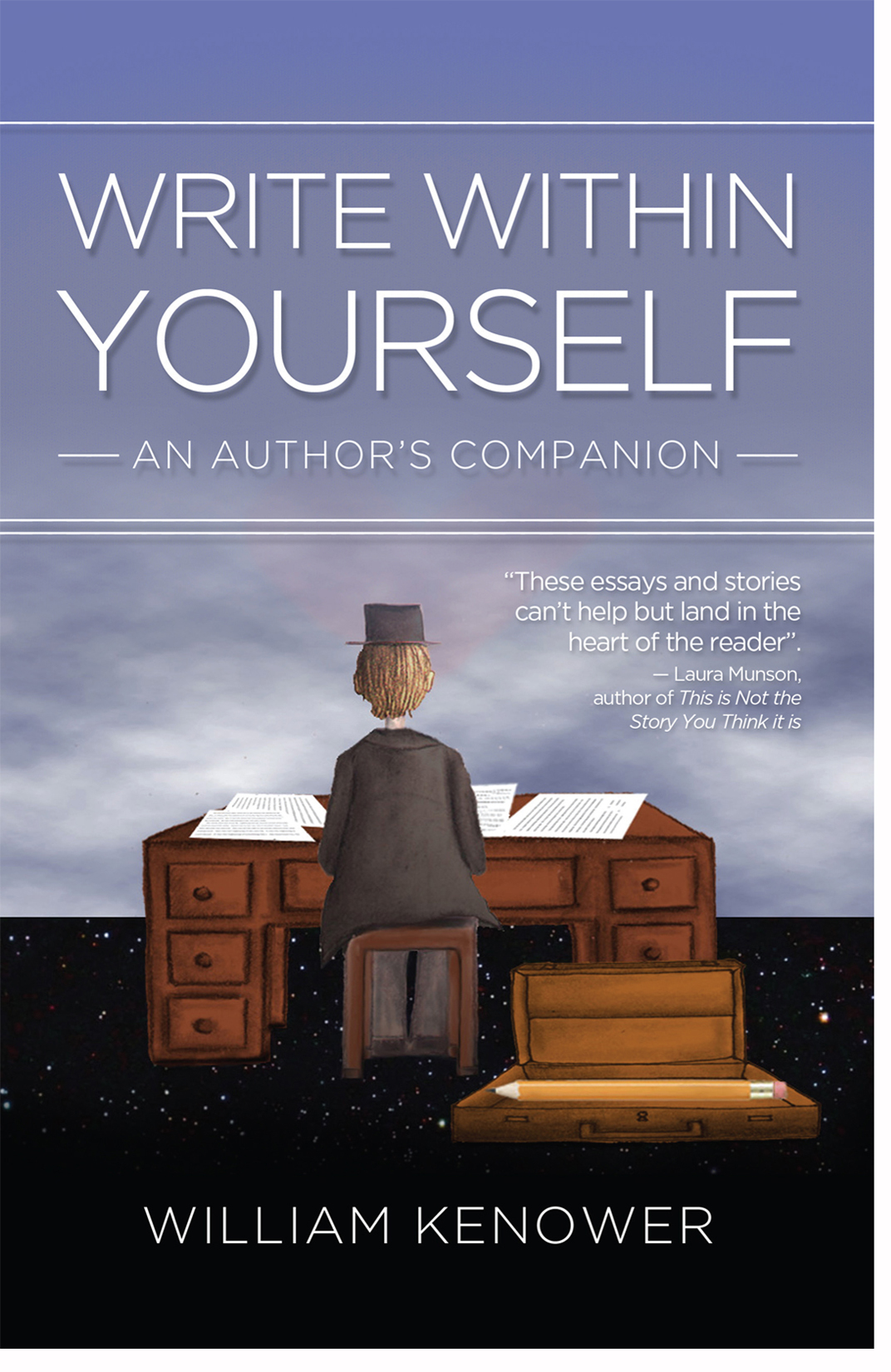The Game Plan
First, a confession: I am a lifelong fan of the New England Patriots. If you are football fan yourself, and if you were not a New Englander, then you probably hate, hate, hate, hate the Patriots for reasons too primal to explain to a non-football fan. I understand. If I hadn’t been born in Providence, RI, and if I hadn’t suffered throughout my childhood from the Patriots’ agonizing flirtation with success, I might find their recent dynastic consistency irritating as well. As it is, I still suffer unless they win every single game. Although in 2007, the Patriots nearly did just that. They won eighteen straight games and then faced the surprising New York Giants in the Super Bowl. The Patriots had what appeared to be an unstoppable offense that year. And yet the Giants managed to slow the Patriots offense significantly enough to allow Eli Manning to lob a desperation pass to little-known wide out David Tyree, who somehow pinned the ball against his helmet as he fell to the ground, and, well . . . I’m still a little bitter about it.
A year ago, however, I heard one of the Giant defenders discussing the team’s game plan leading up to the Super Bowl. The defensive coordinator, Steve Spagnuolo, was frank: the Patriots did indeed look nearly unstoppable. However, he noticed a couple chinks in their armor – a few opportunities, as he put it. They would focus all their attention on where they saw opportunity and not worry about the rest. Which is just what they did, and just how they beat the unbeatable Patriots.
Hearing this, I immediately thought of all the new writers I have talked to at writers’ conferences and workshops. Writing, they love; publishing, maybe not so much. From a certain angle, the publishing world can seem as impregnable as the 2007 Patriots seemed unstoppable: agents and publishers with 98% rejection rates; published authors struggling to make a living from their work. Many football fans – including me – thought the outcome of the 2007 Super Bowl was a forgone conclusion. Many beginning writers feel the same way about success in their nascent careers.
Whether it’s football or writing, the game plan for success is always the same: focus all your attention on opportunity. It doesn’t matter how small the opportunity may appear. Opportunity might come in the everyday form of a new idea for a story. It might come in the form of reading an interview with a literary agent. It might come in the form of a chance encounter at a writer’s conference. Pay attention to the opportunities.
I speak from experience. I spent many years paying attention to where there was no opportunity. I found rejection mesmerizing. As soon as I began receiving those letters, I could think of little else until it seemed as though my horizon was papered over with “No, thank you.” It wasn’t so, of course. Even as I stared and stared at rejection, acceptance trickled in. It trickled in, despite most of my efforts to keep it out.
Which is opportunity’s most dependable quality: it never stops. Opportunities keep coming as I complain and despair, as I lie awake at night, as I fret about money or recognition. In fact, if it were possible for opportunity to give up on anyone, I believe it would have given up on me. But it has not, and the more I notice opportunities the more I look for them, and the more I look the more I see . . . and this is how it goes.
There are days I travel back in time, and I’m there with Patriots strong safety Rodney Harrison prying the football off David Tyree’s helmet, and that perfect season is secured. It’s strangely unsatisfying as fantasies go. Not as satisfying, it turns out, as Steve Spagnoulo’s game plan – despite the woe I knew as a young fan, despite rejection letters and sleepless nights, opportunity remains forever in that space – however slim – between what is and what might be.
Write Within Yourself: An Author's Companion.
"A book to keep nearby whenever your writer's spirit needs feeding." Deb Caletti.
You can find Bill at: williamkenower.com


